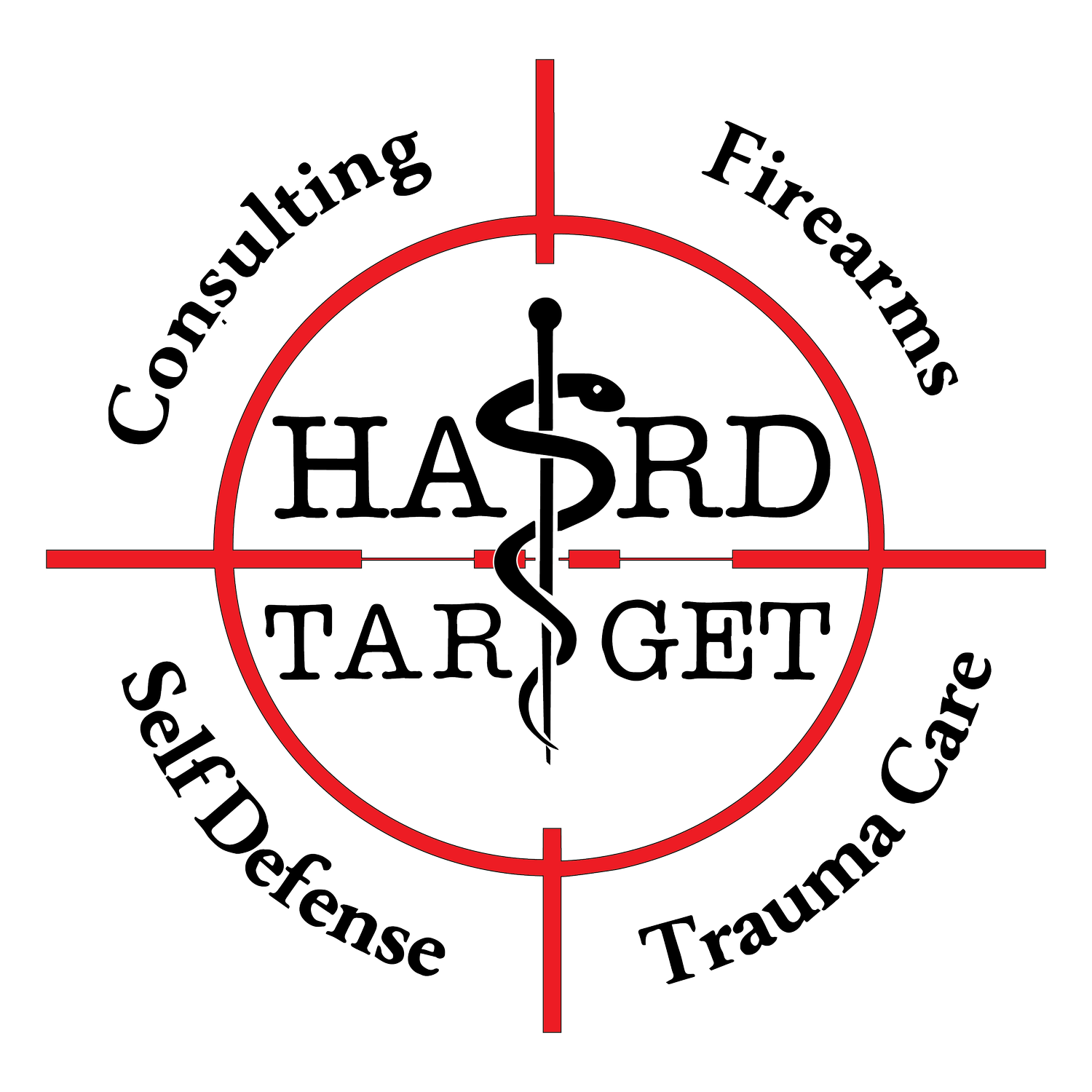 Image 1 of 12
Image 1 of 12

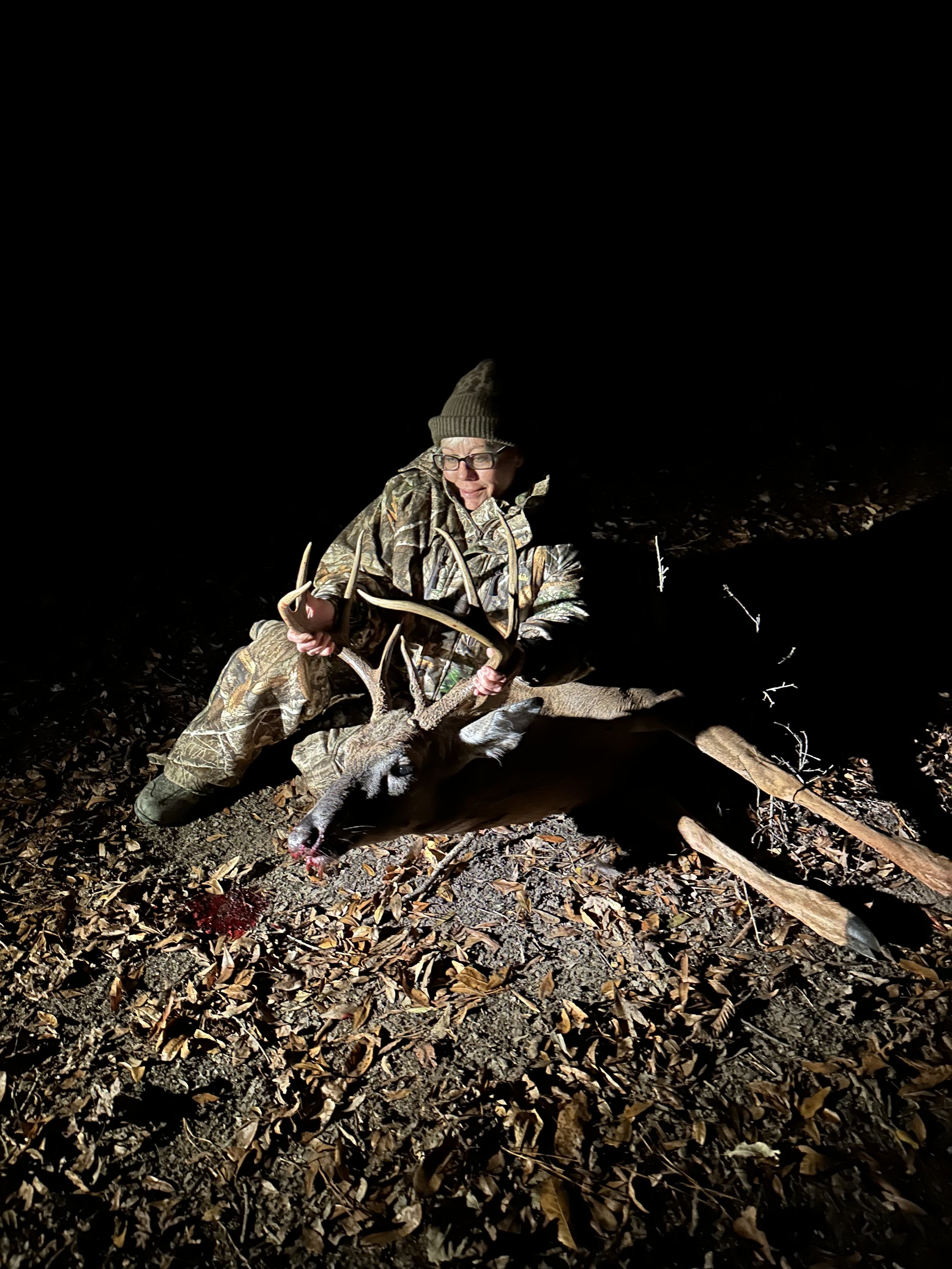 Image 2 of 12
Image 2 of 12

 Image 3 of 12
Image 3 of 12

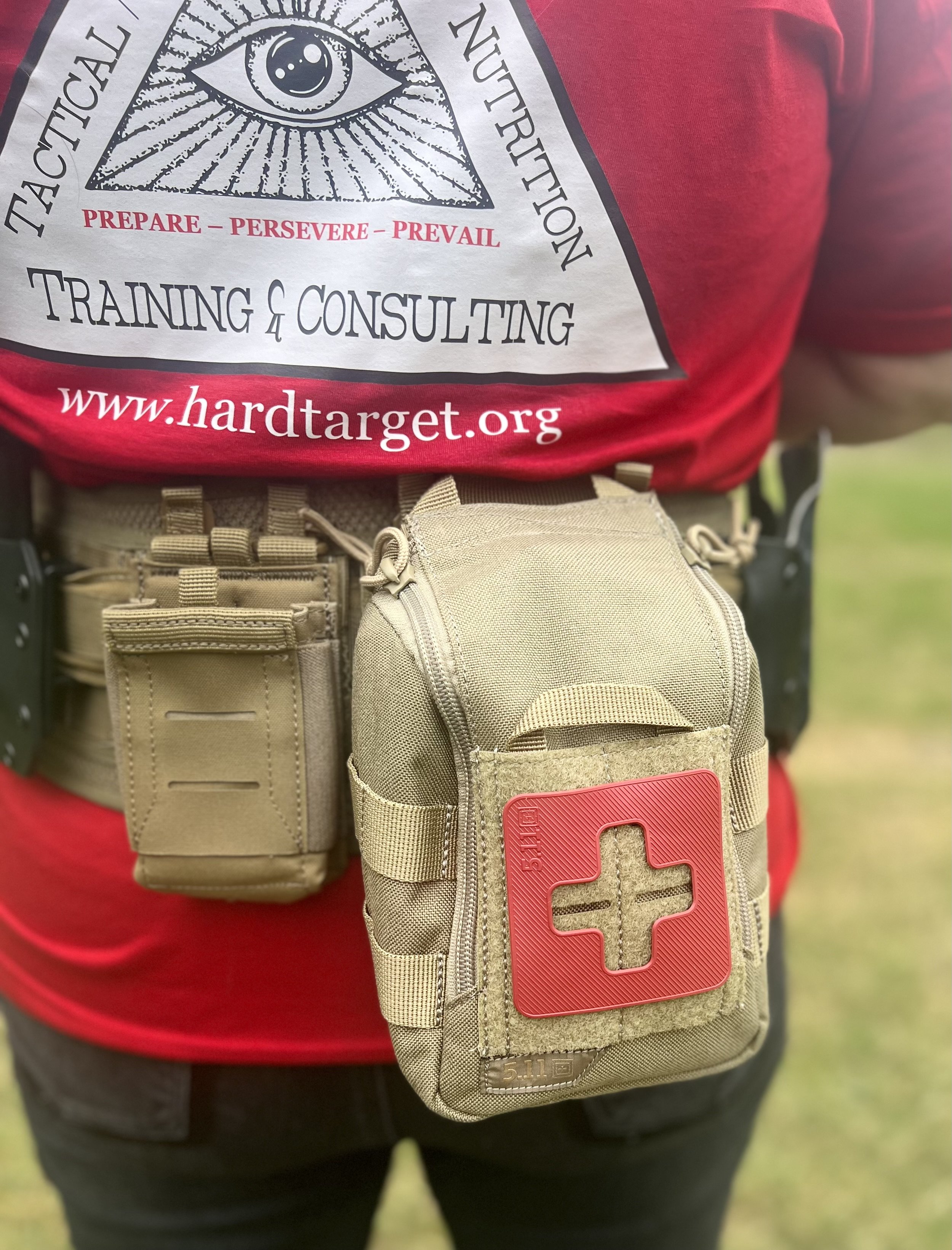 Image 4 of 12
Image 4 of 12

 Image 5 of 12
Image 5 of 12

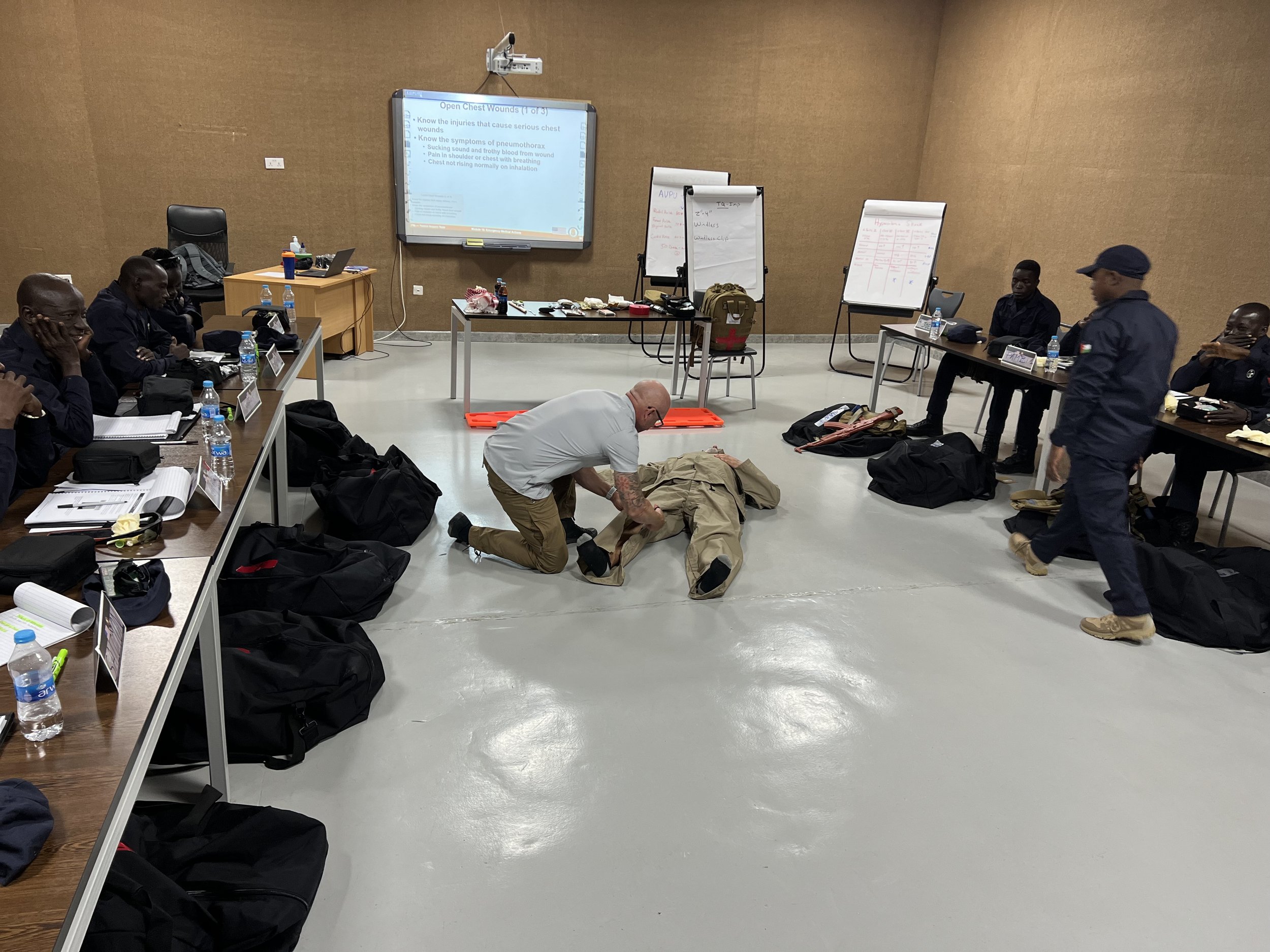 Image 6 of 12
Image 6 of 12

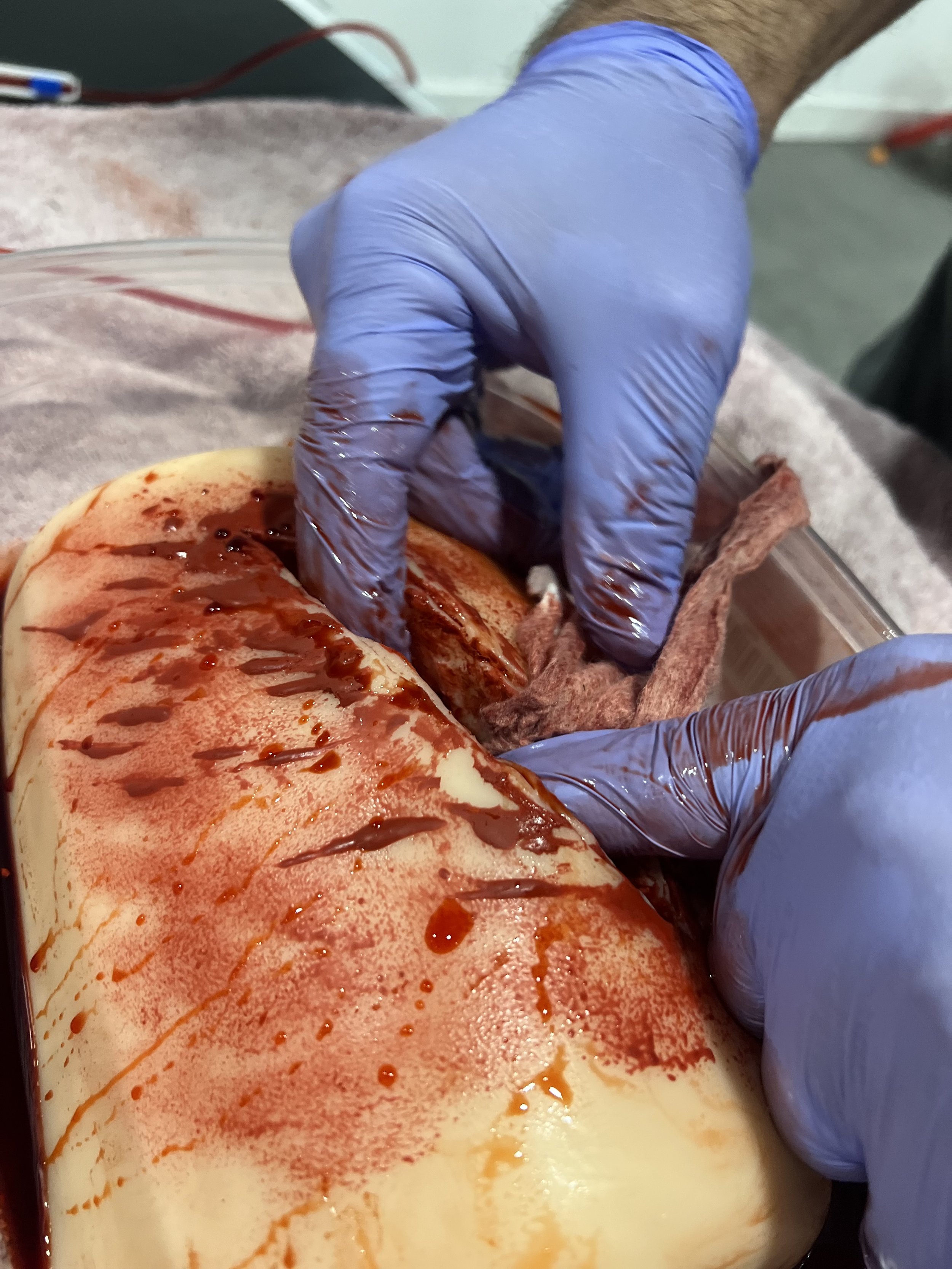 Image 7 of 12
Image 7 of 12

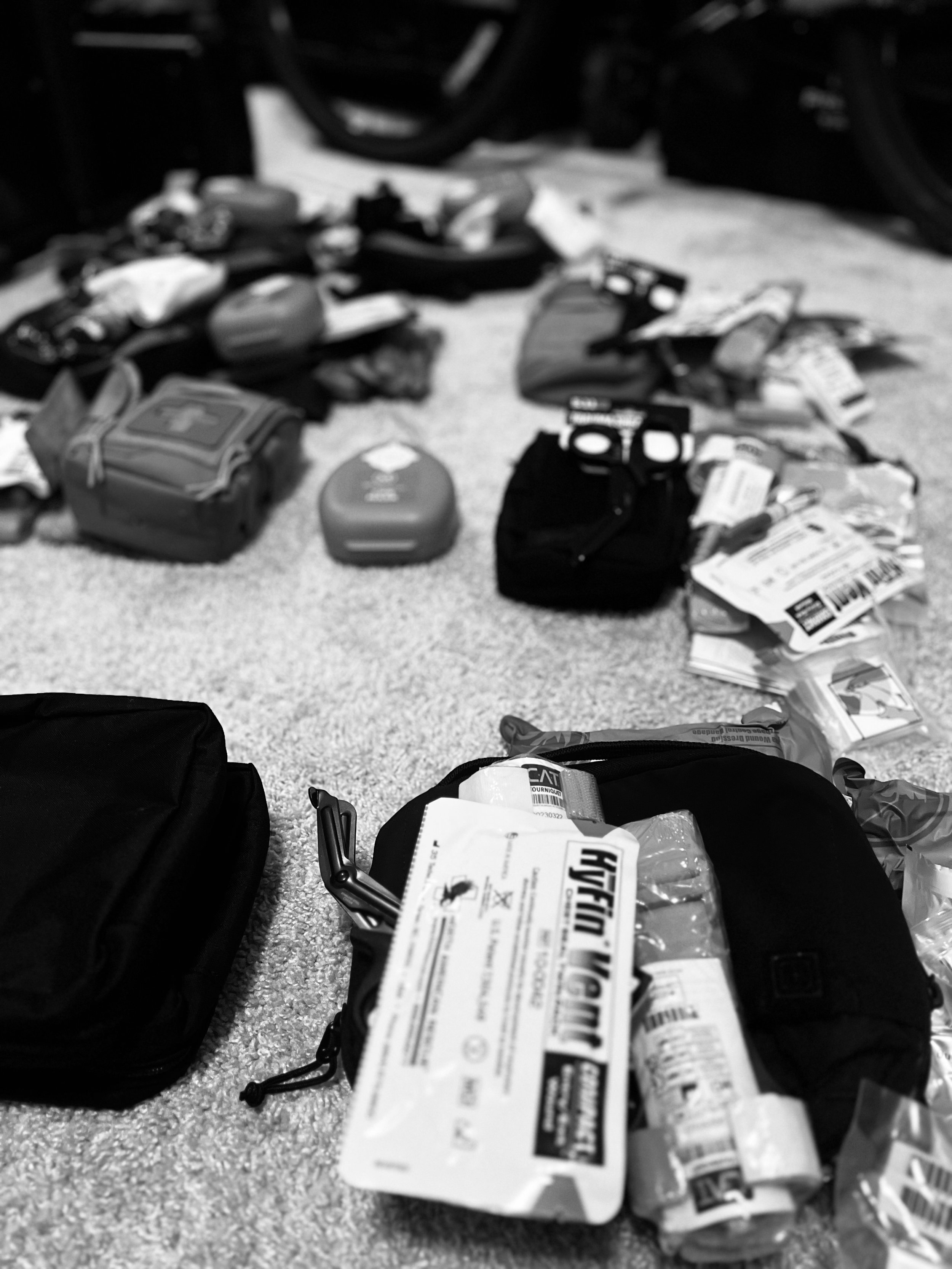 Image 8 of 12
Image 8 of 12

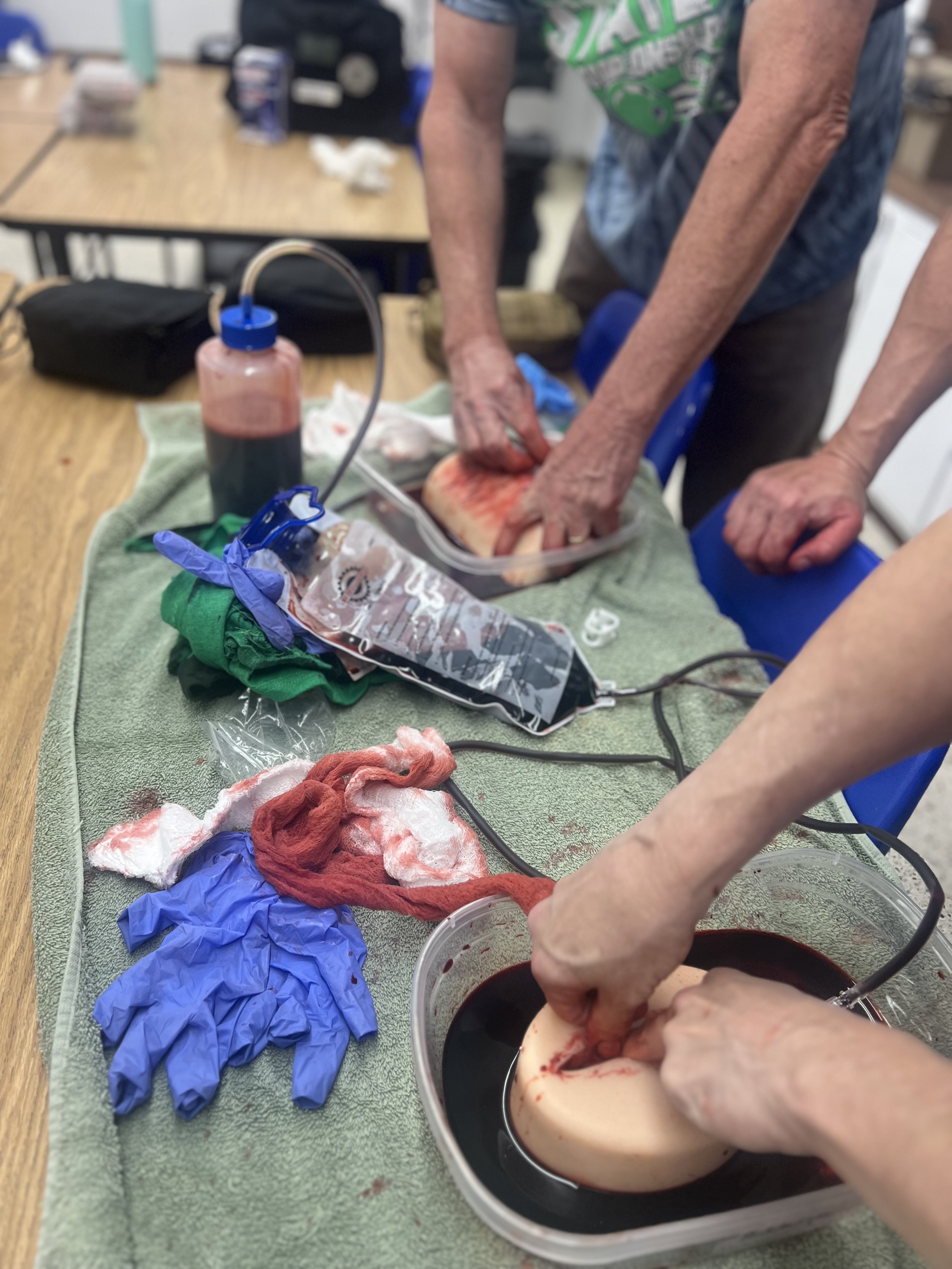 Image 9 of 12
Image 9 of 12

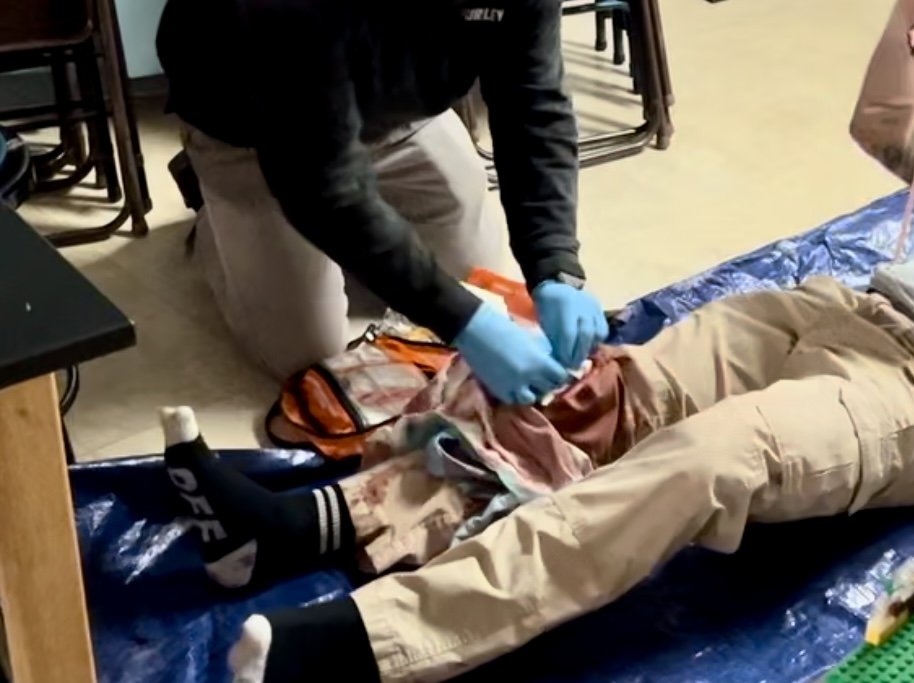 Image 10 of 12
Image 10 of 12

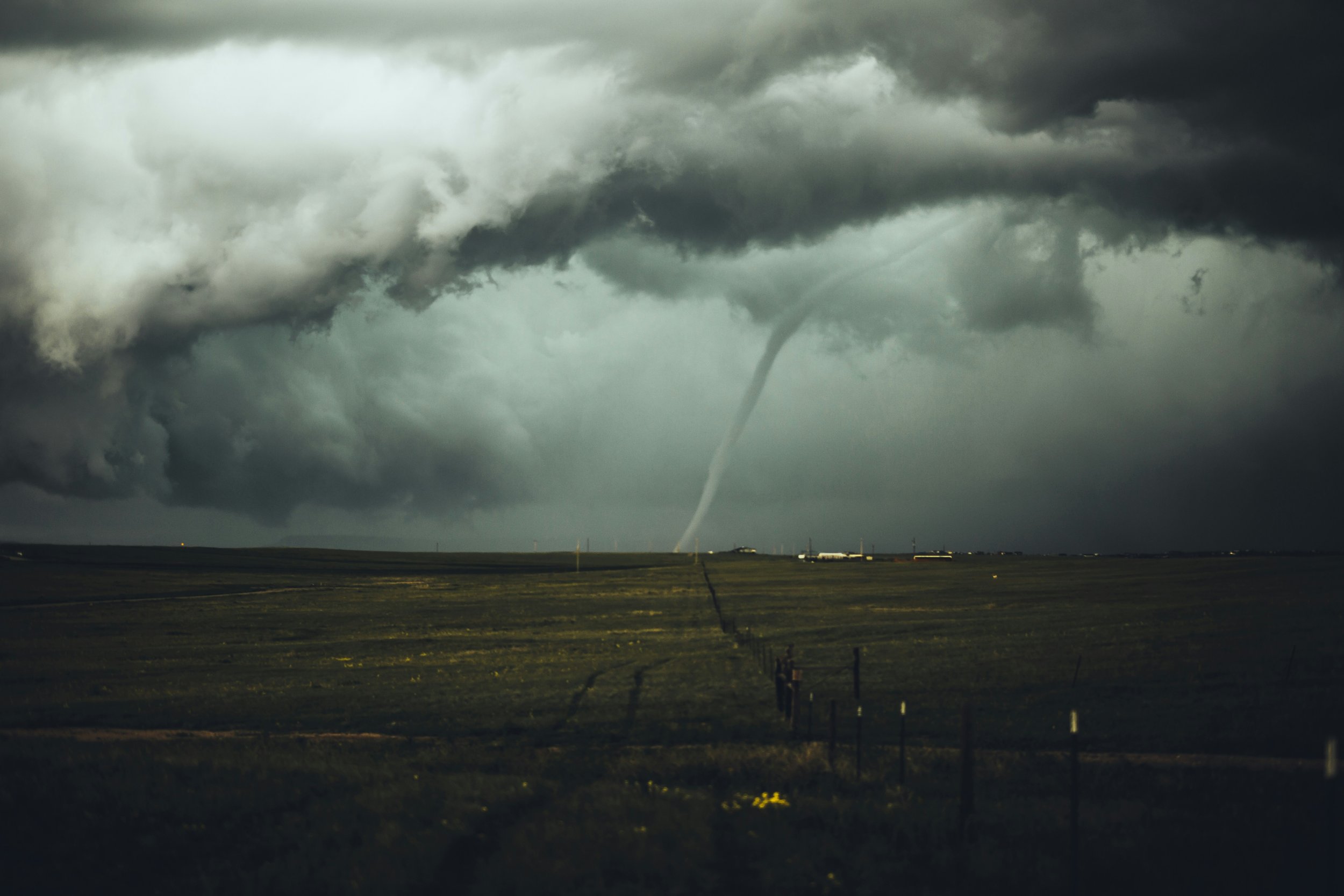 Image 11 of 12
Image 11 of 12

 Image 12 of 12
Image 12 of 12













Austere/Wilderness Medical Course - By Appointment
Wilderness and Austere Medical Training Course
This advanced Wilderness and Austere Medical Training course is designed for individuals who find themselves operating or adventuring in remote, resource-scarce environments. The course not only adheres to the lifesaving principles of the MARCH algorithm (Massive hemorrhage, Airway, Respiration, Circulation, Hypothermia/Head injuries) but also expands to address the unique challenges of the wilderness, including environmental threats, insect and reptile envenomations, marine life injuries, and improvised solutions to medical emergencies.
Participants will gain hands-on experience in managing fractures, splinting, and wound care with limited supplies while also learning how to adapt MARCH techniques using improvised tools and materials found in austere settings. By the end of this course, students will have the confidence and skills to provide medical care in the harshest of conditions.
Course Features
1. MARCH Fundamentals and Improvisation
- Comprehensive review of the MARCH algorithm for emergency trauma care.
- Practical application of improvised tools for bleeding control, airway management, chest injuries, and fluid replacement.
2. Environmental and Wilderness Hazards
- Identification and treatment of environmental injuries, including hypothermia, heatstroke, and dehydration.
- Management of bites, stings, and envenomations from insects, reptiles, and marine life.
- Handling plant-based injuries such as poison ivy, nettles, and other irritants.
3. Fracture Management and Musculoskeletal Injuries
- Proper splinting techniques using improvised materials.
- Techniques for stabilizing dislocations and immobilizing fractures.
- Transport considerations in austere settings.
4. Survival Integration
- Crafting makeshift medical tools from wilderness materials.
- Tactical considerations for triage and evacuation under challenging circumstances.
Who Should Attend?
This course is ideal for:
- Outdoor enthusiasts, expedition members, and adventure travelers.
- First responders, wilderness guides, and search-and-rescue teams.
- Military personnel, contractors, and remote workers.
Why This Course?
When help is hours—or days—away, your ability to act quickly and effectively could mean the difference between life and death. This training prepares you to face the unexpected with confidence, ensuring that you’re ready for any emergency, no matter where it occurs.
Sign up today to take your wilderness medical skills to the next level and become a vital asset in any remote or austere environment.
Wilderness and Austere Medical Training Course
This advanced Wilderness and Austere Medical Training course is designed for individuals who find themselves operating or adventuring in remote, resource-scarce environments. The course not only adheres to the lifesaving principles of the MARCH algorithm (Massive hemorrhage, Airway, Respiration, Circulation, Hypothermia/Head injuries) but also expands to address the unique challenges of the wilderness, including environmental threats, insect and reptile envenomations, marine life injuries, and improvised solutions to medical emergencies.
Participants will gain hands-on experience in managing fractures, splinting, and wound care with limited supplies while also learning how to adapt MARCH techniques using improvised tools and materials found in austere settings. By the end of this course, students will have the confidence and skills to provide medical care in the harshest of conditions.
Course Features
1. MARCH Fundamentals and Improvisation
- Comprehensive review of the MARCH algorithm for emergency trauma care.
- Practical application of improvised tools for bleeding control, airway management, chest injuries, and fluid replacement.
2. Environmental and Wilderness Hazards
- Identification and treatment of environmental injuries, including hypothermia, heatstroke, and dehydration.
- Management of bites, stings, and envenomations from insects, reptiles, and marine life.
- Handling plant-based injuries such as poison ivy, nettles, and other irritants.
3. Fracture Management and Musculoskeletal Injuries
- Proper splinting techniques using improvised materials.
- Techniques for stabilizing dislocations and immobilizing fractures.
- Transport considerations in austere settings.
4. Survival Integration
- Crafting makeshift medical tools from wilderness materials.
- Tactical considerations for triage and evacuation under challenging circumstances.
Who Should Attend?
This course is ideal for:
- Outdoor enthusiasts, expedition members, and adventure travelers.
- First responders, wilderness guides, and search-and-rescue teams.
- Military personnel, contractors, and remote workers.
Why This Course?
When help is hours—or days—away, your ability to act quickly and effectively could mean the difference between life and death. This training prepares you to face the unexpected with confidence, ensuring that you’re ready for any emergency, no matter where it occurs.
Sign up today to take your wilderness medical skills to the next level and become a vital asset in any remote or austere environment.
